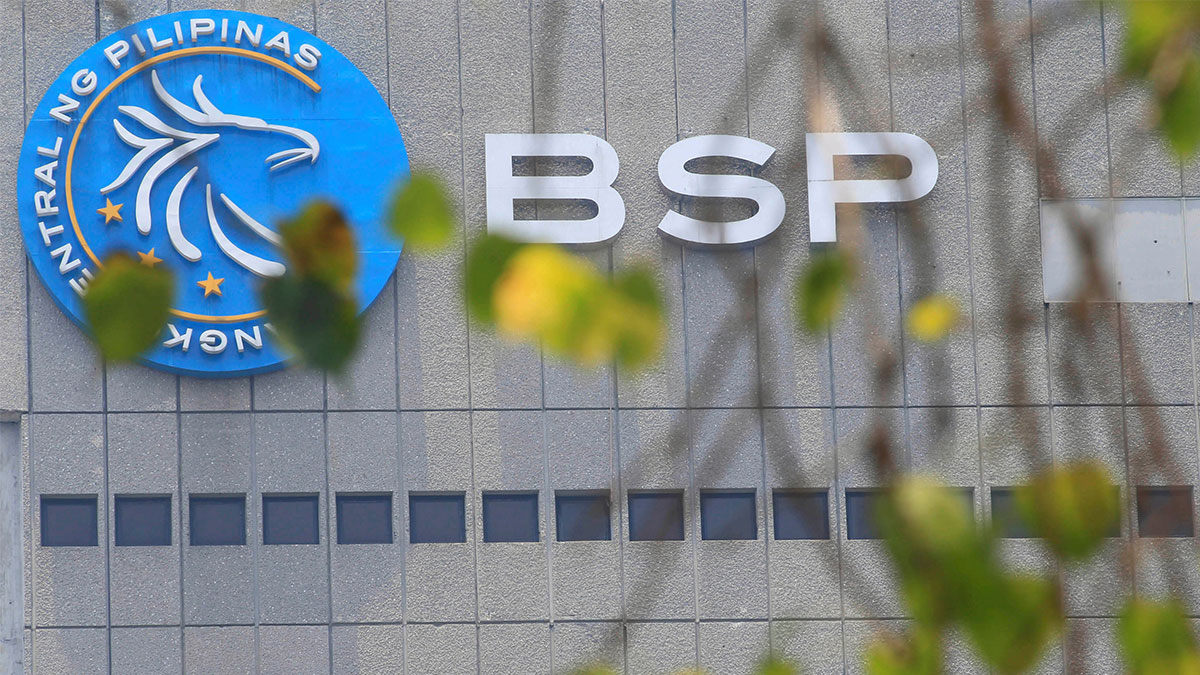BSP poll: Political rows unnerved Filipino consumers
MANILA, Philippines — The political turmoil that had been building up ahead of the midterm elections in May this year had distressed Filipino consumers, who feared that this would slow government services needed to boost incomes and keep consumer prices affordable.
This kept households anxious in the first half of the year, according to the latest Bangko Sentral ng Pilipinas (BSP) quarterly Consumer Expectations Survey. The March 7 to March 19 poll of 5,490 households nationwide showed the confidence index (CI) for consumers dipping to -13 percent in the first quarter, from -11.1 percent in the last three months of 2024.
A negative CI means the number of pessimists trumped the optimists. And this pessimism might have extended for the remainder of the first semester, the BSP said late Thursday.
Negative territory
Survey data showed consumer outlook for the second quarter—as also measured by the CI—sank to the negative territory at -0.5 percent. This reversed the positive consumer expectation of 4.2 percent seen in the previous round of the poll.
It was the first time—at least in the last four rounds of the BSP survey—that “political noise” is being cited as a reason by households for their sour sentiment. Respondents had typically attributed their outlook on inflation, job availability and effectiveness of state programs.
READ: BSP survey shows how Filipinos spent in moments of crisis
The Feb. 5 impeachment of Vice President Sara Duterte and the March 11 arrest of her father, ex-President Rodrigo Duterte, which followed the unravelling of the vaunted “UniTeam” of President Marcos and the Vice President were not specifically cited, although these raised the political heat during the period covered by the survey.
Postelection concerns
The BSP said the recent political turbulence dented consumer confidence in the government’s ability to swiftly deliver much-needed services.
Analysts had warned that the Marcos-Duterte feud could yield an election result that may disrupt policymaking, especially if administration-backed candidates would underperform.
READ: ‘Illegal’ moves at play to stop Sara Duterte trial
In the Senate, only five of the 12 contested seats were won by allies of Mr. Marcos.
“Consumers also expressed concerns about the continuity of good governance initiatives and the potential impact of political noise on the delivery of government programs,” the central bank said.
Inflation expectations
The BSP is closely monitoring sentiment data to see if the central bank still has a good grip of Filipinos’ inflation expectations, which can be self-fulfilling if people’s beliefs about future price movements would influence their buying decisions. In May, inflation eased to 1.3 percent from 1.4 percent in the preceding month.
Beyond politics, the BSP’s survey showed that much of the pessimism still stemmed from personal finances.
Big buys deferred
Survey results showed Filipinos were bracing for higher inflation as they spend more on food and groceries. They also anticipated interest rates to increase, discouraging them from borrowing money.
The expectation of higher inflation and interest rates have prompted households to drop plans to purchase big-ticket durable items like cars and houses. The survey showed CI for buying sentiment for the second quarter waning from -68.4 percent in the first quarter to -68.7 percent.
Households were still pessimistic about accumulating rainy-day funds. The saving intention index improved somewhat from -42.6 percent in the previous quarter to -18.6 percent, though still in negative territory, in the first three months.
Moving forward, however, the consumer sentiment for the next 12 months—from February 2025 to March 2026—was still optimistic. The confidence index for this period was unchanged at 12.4 percent. Respondents attributed this to expectations of higher income, more jobs and stable prices of goods and services.

